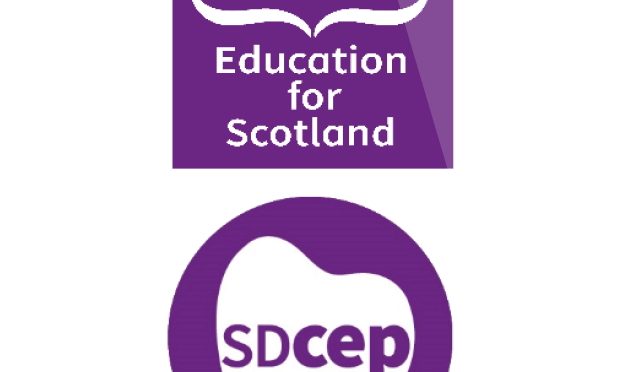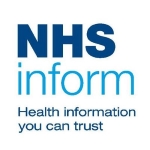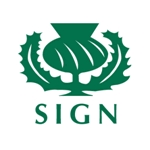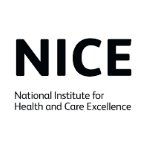The Dental Companion, by the Scottish Dental Clinical Effectiveness Programme (SDCEP), delivers easy mobile access to SDCEP’s evidence-based guidance via Google Play, iTunes or the web.
Category: Mouth (Oral) cancer
There are about 530 cases of oral cancer diagnosed per year in Scotland. This is twice the rate found in England and Wales. Between 1990 and 1999 the number of new cases in Scotland has increased by 43%. Smoking and alchol use and a diet low in fresh fruit and vegetables increase the risk of oral cancer with as many as 80% of case of oral cancer being linked to smoking. Stopping smoking and reducing alcohol intake are key factors in preventing oral cancer.
Oral Cancer: Prevention and detection
This website from the Glasgow Dental School provides a very useful resource on oral cancer and detection for primary care […]
Information for the public about mouth cancer: Introduction, Diagnosing mouth cancer, Treating mouth cancer, Complications of mouth cancer, Preventing mouth cancer.
This guidance document aims to facilitate the move from a restorative approach to patient care to a preventive and long-term […]
Scottish Head and Neck Cancer Data
Head & Neck Cancer data analysis and reports from Information Services Division
The British Dental Health Foundation (BDHF) is an independent charity (not for profit) dedicated to improving oral health and well-being […]
The guideline follows the patient’s journey of care from prevention and awareness through treatment to follow up and rehabilitation, making […]
The guidance recommends which healthcare professionals should be involved in treatment and care, and the types of hospital or cancer […]
When should my next dental check-up be?
Information for the public about how often you should have dental check-ups (“Dental recall”)
Oral Cancer
This needs assessment on oral cancer was conducted in 1996 . There have been considerable changes since then so teh […]






